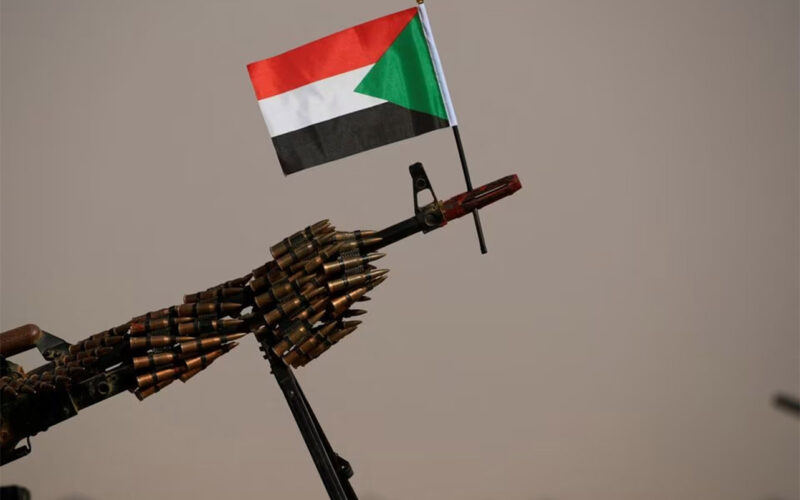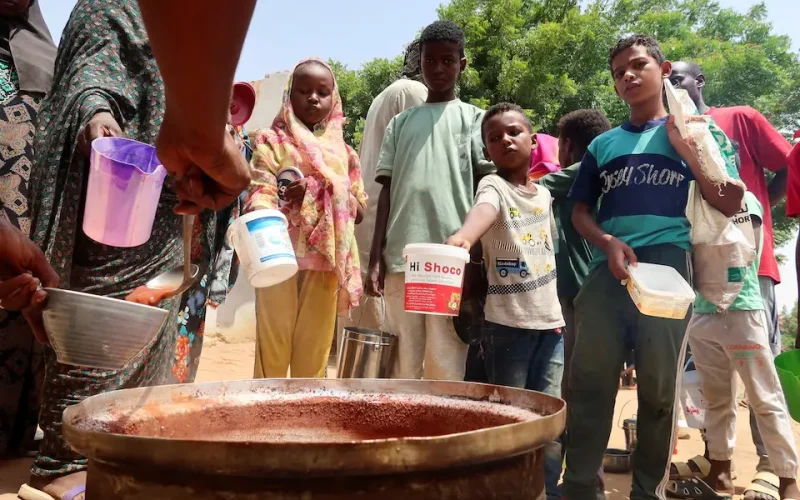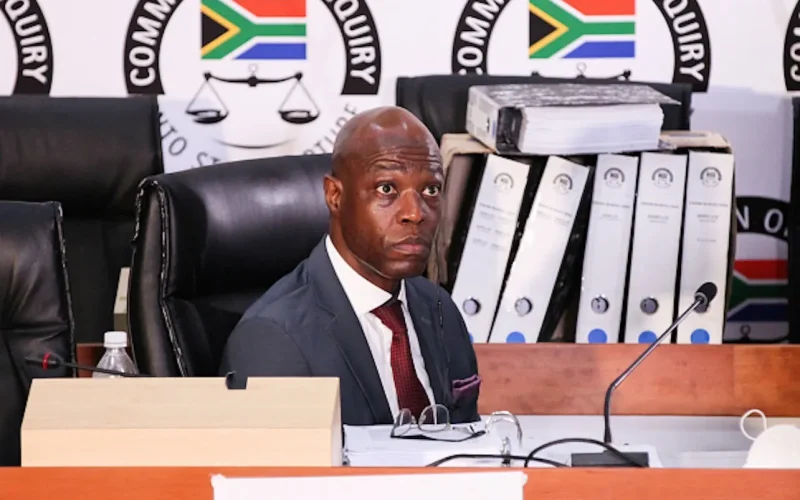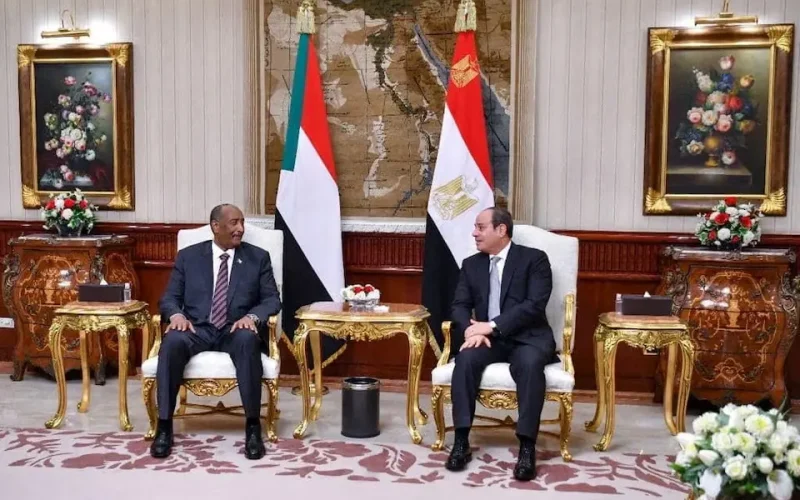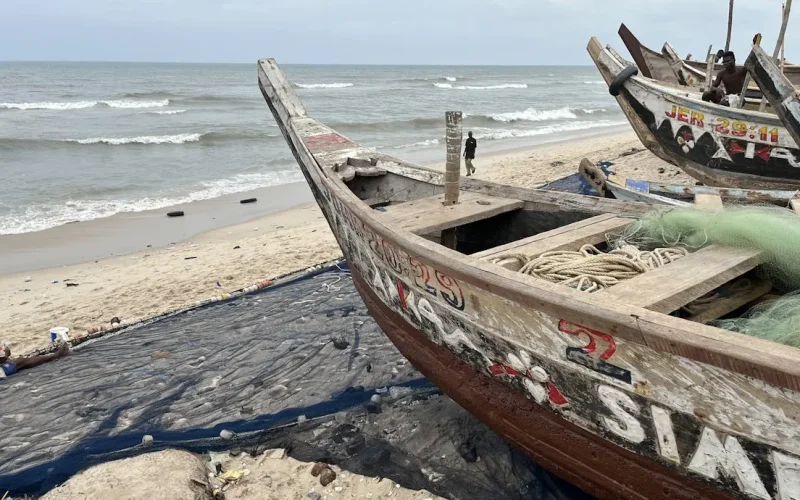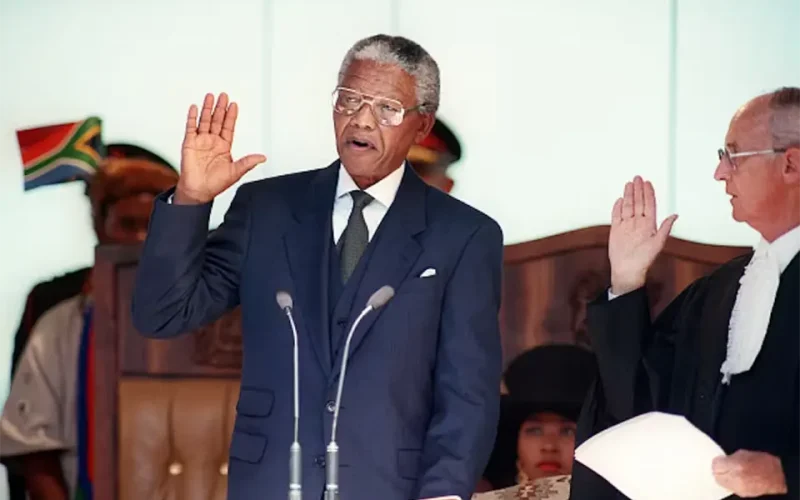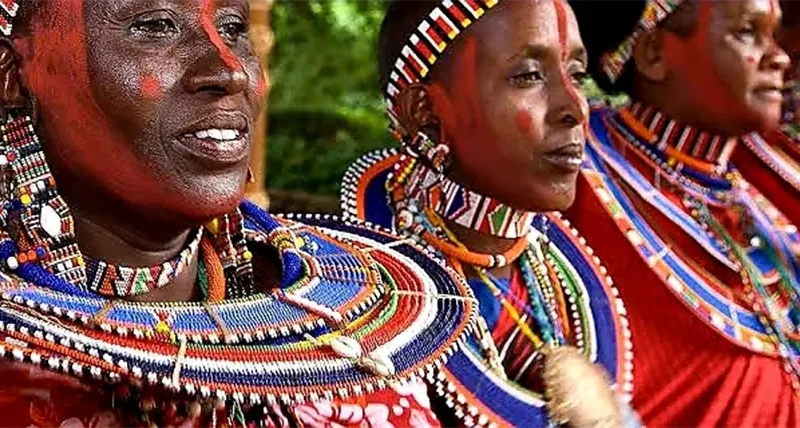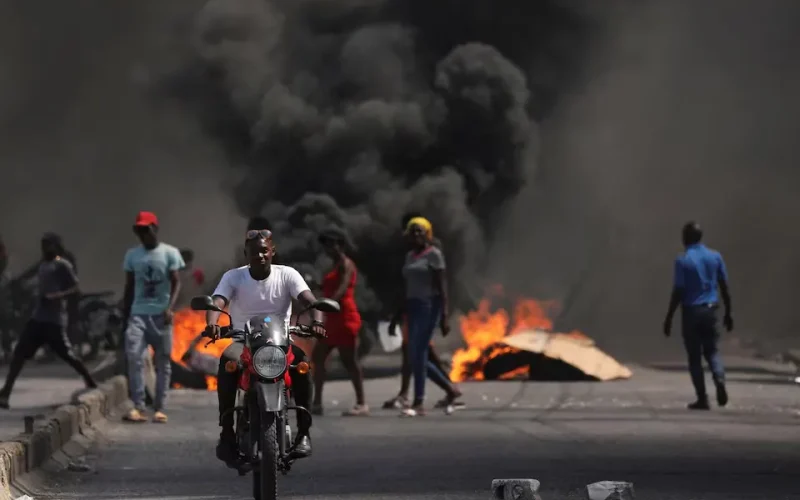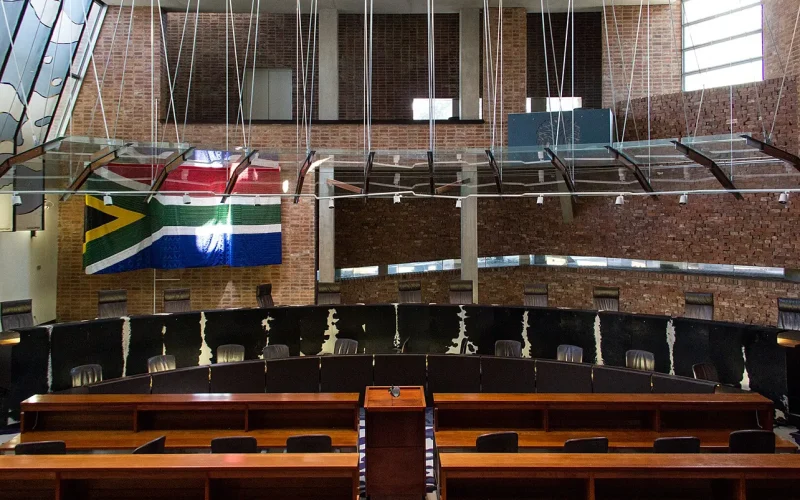
South Africa’s Constitutional Court at 30: a solid foundation but cracks are showing
SOUTH Africa’s Constitutional Court stands out as one of the few government institutions that have protected and advanced the constitutional vision of a participatory democracy and social justice. Many other government institutions which ought to have allied themselves with the court have been weakened or have failed to deliver. The court has consistently championed one of the fundamental values to be found in section 1 of the Constitution, 1996. This requires that the exercise of public power be accountable, responsive and open. Despite this, but also because of it, the court faces challenges from outside and from within. The duty…

